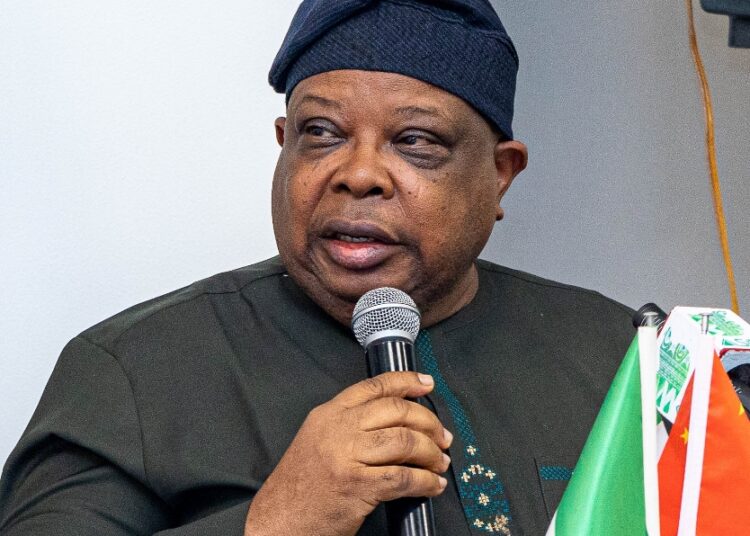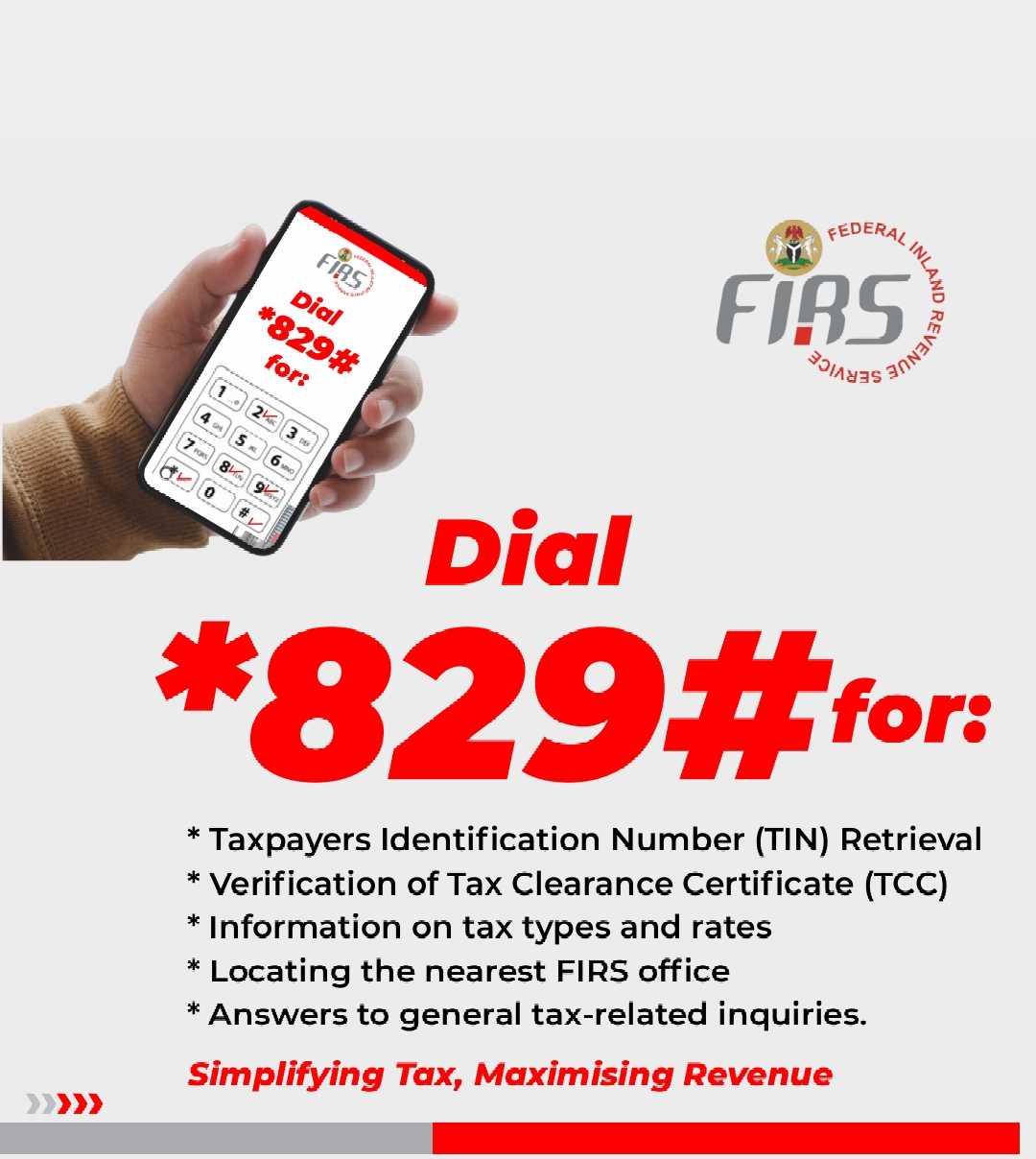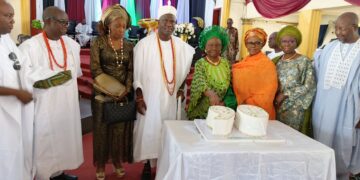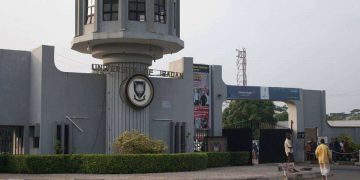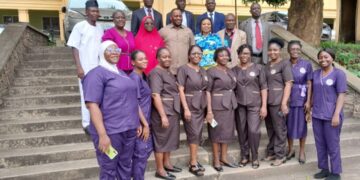The Director-General of the Nigeria-China Strategic Partnership (NCSP), Mr. Tegbe, has projected a promising future for Nigeria in the global digital asset space, following the enactment of the Investment and Securities Act (ISA) 2025 by President Bola Ahmed Tinubu in March.
The new legislation, which empowers the Securities and Exchange Commission (SEC) to regulate digital assets, virtual asset service providers (VASPs), and tokenised securities, aims to formalise and stabilise a sector that had operated without clear legal backing for years. It positions Nigeria as a significant player in the emerging global digital economy, particularly in blockchain technology and the Fourth Industrial Revolution.
Speaking at the recent Digital Asset Markets Strategy Masterclass Series held in Lagos, Tegbe emphasized the role of strategic partnerships—particularly with China—in expanding Nigeria’s digital economy. He highlighted the potential of leveraging Chinese expertise and technology in the digital asset sector, including the benefits of the digital Renminbi (RMB) and upcoming collaborations between the two countries.
According to the NCSP boss, Nigeria has received investment commitments totaling over $30 billion and recorded over 300 expressions of interest from Chinese firms in the last five months. He disclosed that Nigeria is set to sign a pact with China on the digital RMB, which will allow for direct conversion between the Naira and the Yuan, reducing Nigeria’s reliance on the US Dollar. Tegbe said this move is part of efforts to transition Nigeria’s relationship with China from a trade-based connection to a full-fledged development partnership.
“The NCSP remains committed to facilitating infrastructure development, scaling up Chinese investments, deepening economic ties, promoting transparency, and fostering cultural exchanges between both nations,” he said.
Also speaking at the event, Lagos State Governor Babajide Sanwo-Olu, represented by the Commissioner for Finance, Abayomi Oluyomi, revealed plans to monetise idle assets and raise a green bond to finance infrastructure development. He said Lagos is developing a securitisation policy that will enable the state to unlock capital tied up in dormant public assets, potentially becoming the first sub-national entity in Nigeria to do so.
The Masterclass convener, Dr. Nicholas Okoye, a renowned investment advisor, described the digital transformation shaping the Fourth Industrial Revolution as a historic opportunity for wealth creation in Africa. He stressed that digital asset markets—including cryptocurrency investments and the tokenisation of traditional assets—offer African nations a pathway to economic sustainability and financial inclusion.
“The full adoption of digital asset markets in Nigeria and across Africa will be a game changer,” Okoye stated. “It presents a unique opportunity for inclusive wealth creation and a comprehensive assessment of the continent’s true economic potential.”
The event attracted top policymakers, investors, and stakeholders, all echoing the sentiment that the new regulatory framework could place Nigeria at the forefront of digital innovation in Africa.


